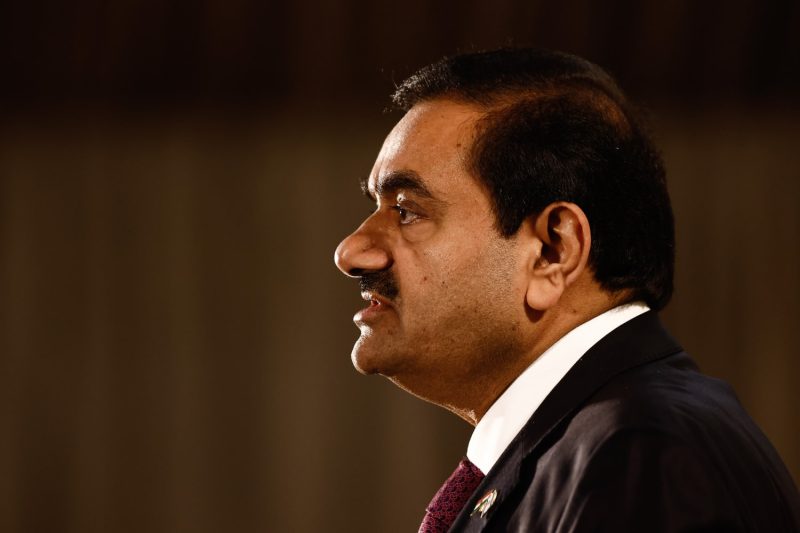In an unprecedented turn of events, India’s second wealthiest person, Gautam Adani, has been charged by U.S. authorities in connection with a colossal $250 million bribery scheme. The allegations against Adani, a prominent business tycoon known for his conglomerate Adani Group, have sent shockwaves across the corporate world and raised serious concerns about ethics and transparency in business practices.
The charges levied against Gautam Adani are rather grave, suggesting a sophisticated bribery scheme involving a vast network of individuals and entities. According to the U.S. Department of Justice, Adani is accused of using his influence and resources to secure lucrative contracts through illicit means, bypassing regulations and engaging in corrupt activities for personal gain.
The implications of these charges extend far beyond Adani himself, as they shed light on the endemic issue of corruption in the global business environment. The case serves as a stark reminder of the power dynamics at play within corporate circles, where individuals at the top echelons of wealth and influence often exploit their positions to manipulate markets and subvert legal frameworks.
Furthermore, the Adani scandal raises questions about the role of regulatory bodies in preventing such instances of corruption and holding powerful figures accountable. The fact that a person of Adani’s stature could be implicated in such a serious bribery scheme underscores the need for robust oversight and enforcement mechanisms to curb white-collar crime and protect the integrity of financial systems.
The repercussions of these charges are likely to reverberate throughout the business community, impacting not only Adani’s conglomerate but also the broader perception of corporate governance in India and beyond. The case serves as a cautionary tale for those who wield immense wealth and influence, warning them of the consequences of engaging in unethical and illegal practices for personal enrichment.
In conclusion, the charges leveled against Gautam Adani mark a significant moment in the ongoing battle against corruption and malfeasance in the business world. As the case unfolds and the true extent of Adani’s alleged involvement is revealed, it is imperative for regulatory authorities and stakeholders to take decisive action to ensure that justice is served and that such egregious violations of ethical standards are not tolerated. The Adani scandal serves as a wake-up call for the corporate sector, prompting a reexamination of values and principles that should underpin sustainable and responsible business practices.
